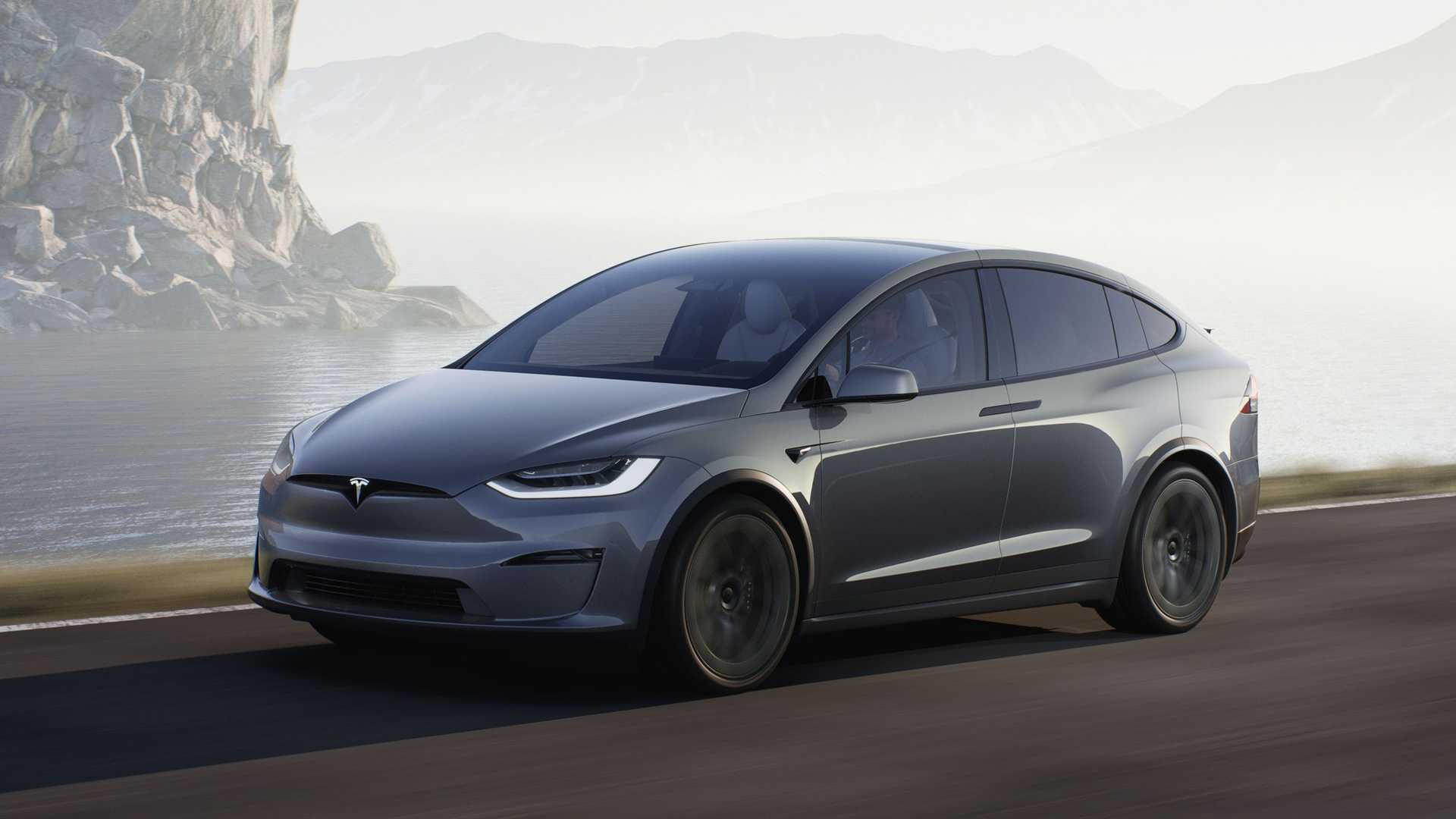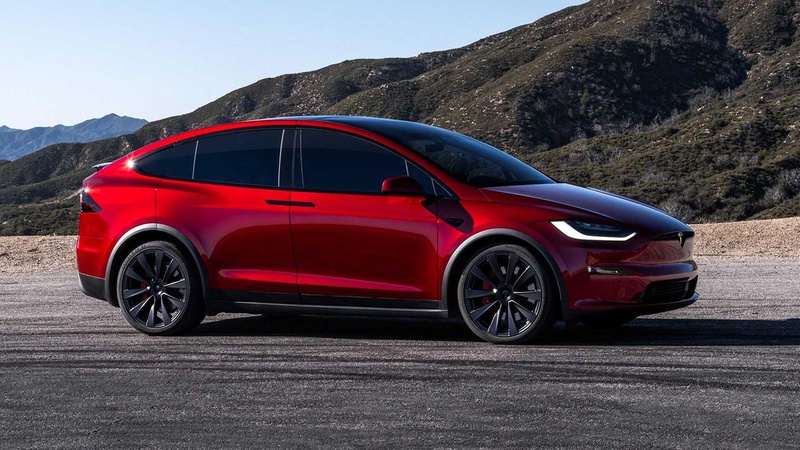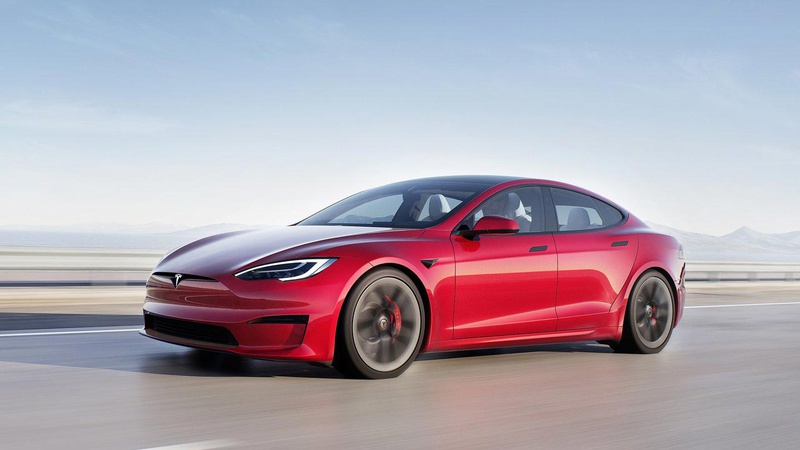Approximately three weeks ago, Tesla surprised customers by announcing the discontinuation of RHD variants of its flagship electric vehicles. The company provided alternative options to reservation holders, including accepting a left-hand drive model, choosing a smaller Model 3 or Model Y, or canceling their order entirely.
However, for many customers in the UK who had eagerly awaited their Model S or Model X for up to three years, the news came as an unwelcome surprise. As reported by Autocar, some frustrated customers wasted no time and headed straight to their nearest Porsche or Mercedes-Benz dealership to secure a Taycan or an EQS, respectively.
One Tesla owner, Paul Jones, who has owned a Model S 100D since 2018 and had a Model S Plaid on order since October 2021, expressed his disappointment, calling the decision a "kick in the teeth." Feeling let down by the repeated delays in receiving his car, he immediately visited a local Porsche dealer and booked a test drive of the Taycan Turbo S:
“I’m a 2018 Model S 100D owner since new and a Model S Plaid order holder since October 2021. I love the cars [but this decision] is a kick in the teeth. To be told repeatedly since 2021 my car is delayed but is coming and now this, without explanation, is very poor. First thing I did after getting the email was drive to my local Porsche dealer and I’ve got a Taycan Turbo S test drive booked.”
Similarly, Harry Green, a disgruntled Model X reservation holder since October 2020, turned to Mercedes-Benz and placed an order for an EQS sedan upon learning of Tesla's decision:
“I’ve had a Model X on order since October 2020. Ordering a Mercedes EQS now.”
One concerned customer, John Scarnott, voiced his worries about the challenges of driving a left-hand drive vehicle in the UK, particularly in terms of overtaking and limited visibility:
“Overtaking is so risky, as you have to get half the car onto the other side of the road to see what’s coming.”
While Tesla's move has sparked controversy, the decision is rooted in the company's strategy to focus on its more affordable models, the Model 3 and Model Y, which have significantly higher sales figures. Dylan Setterfield, the head of forecast strategy at Cap HPI, revealed that from 2013 to 2021, just over 11,000 Model S units were registered in the UK, along with less than 6,500 Model X units between 2016 and 2021. In comparison, it is projected that over 170,000 units of the Model 3 and Model Y combined will be registered by the end of this year.
Although Tesla's decision has upset some customers, it allows the American electric vehicle brand to cut costs and concentrate on its best-selling models, which have garnered significant popularity in the market.
Source: Autocar



